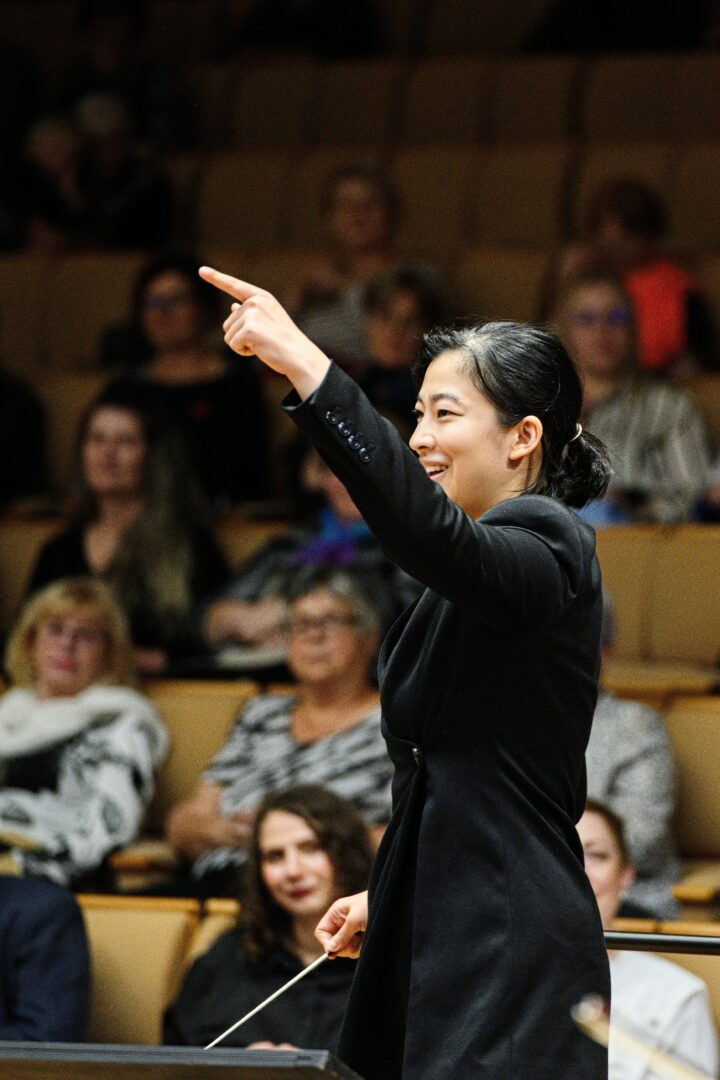We’re looking forward to introducing you to Mingyan Sally Yu. Check out our conversation below.
Mingyan Sally , a huge thanks to you for investing the time to share your wisdom with those who are seeking it. We think it’s so important for us to share stories with our neighbors, friends and community because knowledge multiples when we share with each other. Let’s jump in: What are you chasing, and what would happen if you stopped?
I have been chasing something that I call a dream since I gave up my engineering job about 6 years ago. Since getting into this brand new profession of orchestral conducting, I have to say I have faced doubts, disappointment, dilemmas, or even sometimes, the regret of having giving up a stable life. Sometimes I think I was so naive to make this turn in life when I was in my early twenties – without knowing the difficulties I would encounter. Then I also know that if I had seen through everything clearly and had known all the obstacles choosing this path, I might not have had the same courage to pursue the passion of my life. Ever time I feel like quitting (it happens a lot more than you think), I ask myself: would you really rather go back to your previous life of sitting in a cube and face a computer 8 hours a day? And the answer has always been: No. I cannot imagine if I stooped chasing this dream. Not yet.
Can you briefly introduce yourself and share what makes you or your brand unique?
I am an emerging young professional conductor with a multifaceted background. After finishing up all the coursework of my doctoral studies of Orchestral Conducting at Michigan State University, I decided to take a short adventure to the capital of classical music – Vienna, to further polish my craft, to develop my doctoral thesis, and to be able to travel to other non-American conducting-related activities a little bit easier. In Spring and summer of 2024, while I was still residing in Michigan, I made at least 5 separate trips to Denmark, Italy, Bulgaria, France, and Japan for conducting masterclasses, performances, and international conducting competitions. I got extremely ill during one of the trip and didn’t recover for a month. Then I thought: if only I could be a little closer to Europe.
Then I moved to Vienna in the fall to take part in the postgraduate diploma program at the Universität für Musik und darstellende Kunst. This is a rather short and flexible program that allows me to go back to the states frequently. Although I wasn’t required to submit a language certificate before joining the program, once I got here, most courses were taught in German! And even ‘worse,’ it is Austrian German. I have learned German concomitantly while I worked as an electrical engineer before. But that was such a long time ago, and Austrian german is quite different from the Hochdeutsch that anyone learns at Goethe-Institute. So I really had to adapt quickly to a new country, and a new environment. I have to admit, that I had quite a lot of culture shock moving from the USA to Austria.
Amazing, so let’s take a moment to go back in time. What did you believe about yourself as a child that you no longer believe?
I used to think I am an extremely rational person, and can always solve problems with reasoning and logic. Thus whenever I felt that I was becoming emotional, I had the fear of losing control. Now I know that I have both sides, and in fact, I can be quite extreme in both ends. Too rational sometimes means too cold, and not empathetic enough, and too emotional sometimes means too much chaos and lacks structure. I am trying to find the balance of these two sides depending on the situation.
When did you stop hiding your pain and start using it as power?
Losing someone close to us is never easy to cope with. Last month, I found out on through one of my cousins’ social media that someone in my family passed away. Her post said:”Hope now you are now in a place safer and without pain.” I was truly confused, as no one in my family had told me any such news. For one second, I thought it could be my grandmother. Then I asked my dad through chat (yes, we don’t talk much), and he just simply told me:” You aunt passed away two weeks ago.” I knew that my aunt had developed severe depression over the past years, and her mental state was not always stable. Last time when I went home briefly, I was shocked by how much weight she had lost and how fragile she seemed. But none of this justify my family’s collective decision of not telling me anything about her death. My uncle and my dad later said since I was overseas, knowing that we lost her could bring me back anyways. The next week I had a competition in Romania, the agony and sorrow of losing her distracted me at times as I prepared for the competition. But then, one of the pieces, Richard Wagner’s Siegfried Idyll, started accompanying the flashing memories that I had with her with I was young. This was such a revelation, as I found out that I could express the pain through music-making. And by speaking about my pain through music, I truly felt the healing power behind classical music.
Next, maybe we can discuss some of your foundational philosophies and views? What are the biggest lies your industry tells itself?
I have always wanted to discuss this topic. One of the biggest lies that the conducting industry impresses on the public is the romantic idea that conductors rise purely through musical excellence, and that all they do is about music. I was recently at a world-renowned masterclass, and I asked the teacher how one becomes a professional conductor. He simply answered:”By being lucky.” This honest answer carries so much weight, as it reveals that in reality, career success often depends just as much (if not more) on networking, knowing the right people, family connections, personal branding, etc.
Talent matters, however, a very famous Chinese proverb from the Tang Dynasty reveals:
“千(qiān)里(lǐ)马(mǎ)常(cháng)有(yǒu),而(ér)伯(bó)乐(lè)不(bù)常(cháng)有(yǒu).”
Its literal translation is: “Fast horses, or the qiān lǐ mǎ, are common, but those who can recognize them, the bó lè. are rare.” That is very true in the conducting industry, or the music industry in general. Those who rise to the top are the few lucky ones who have met the bó lè at the right time, and the right place. Everyone has talent in this industry.
Okay, so let’s keep going with one more question that means a lot to us: When do you feel most at peace?
I feel most at peace when I look back at yesterday, and realize I have learned something new today. It could be as small as a few new words in Portuguese, Romanian, or any languages out there, or as big as an entire piece of music that I previously wasn’t familiar with, or a poem by Kālidāsa. I feel like due to the prevalence of AI and screens in the past 5 years, I started to have more difficulties focusing and there are always such intelligent recommendations that I never asked for. Thus if by the end of each day, I am still able to voluntarily learn something I like, not being fed information by AI, I will be pretty happy.
Contact Info:
- Website: https://www.sallymyu.com/
- Instagram: @sallymyu17
- Facebook: @sallyu17
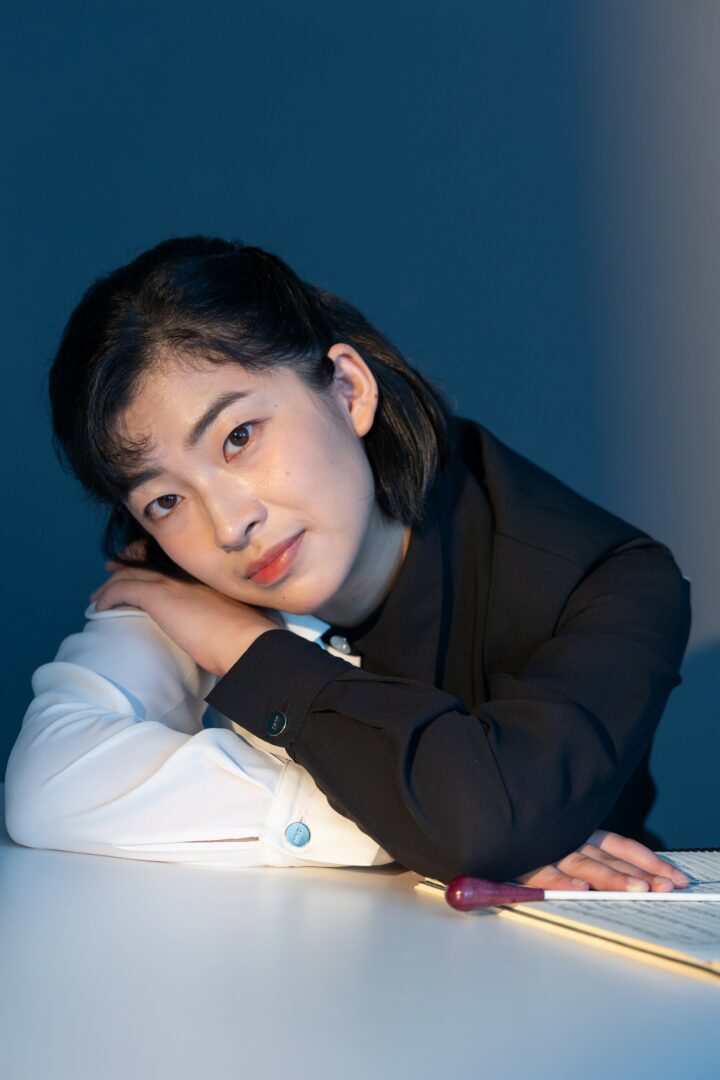
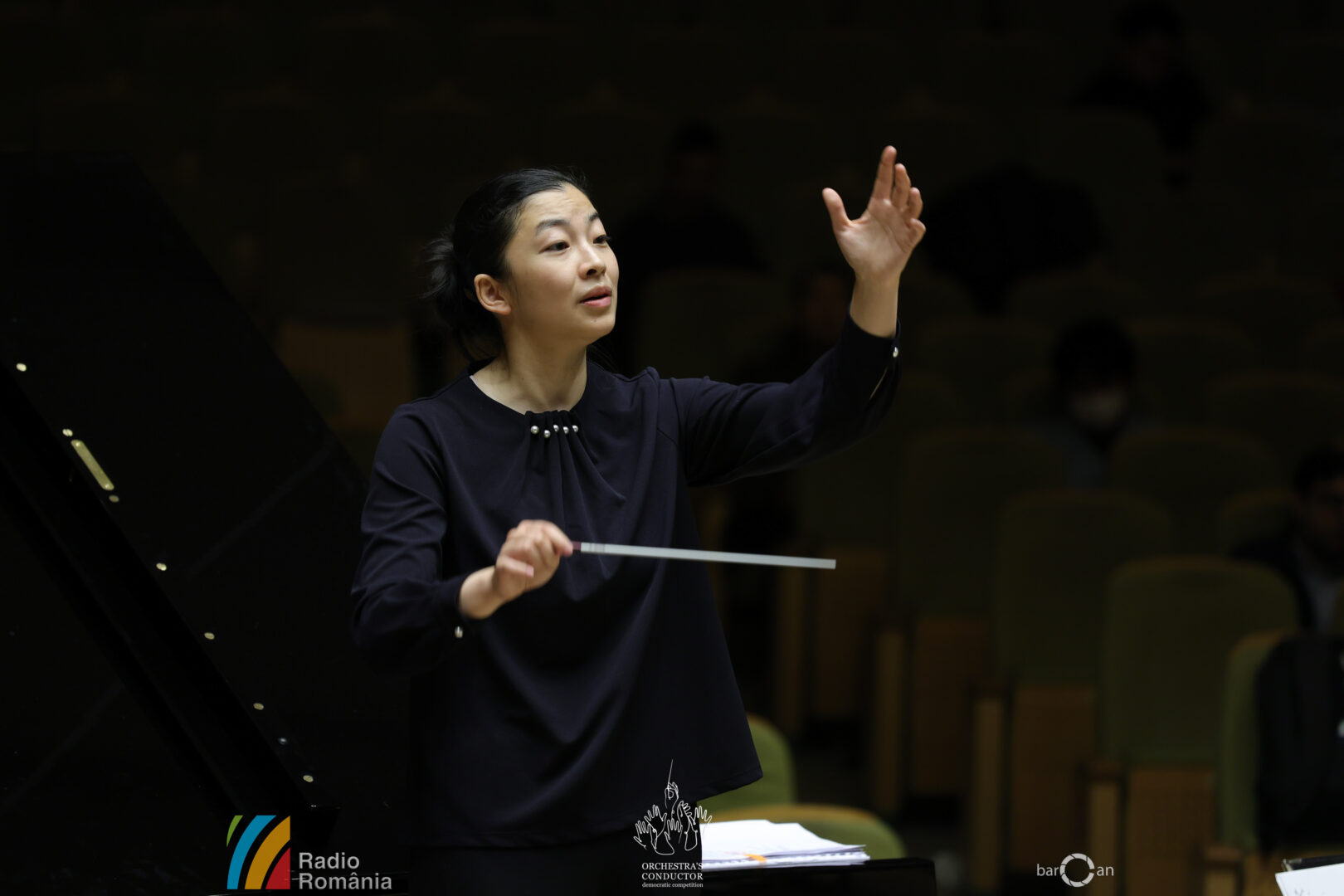
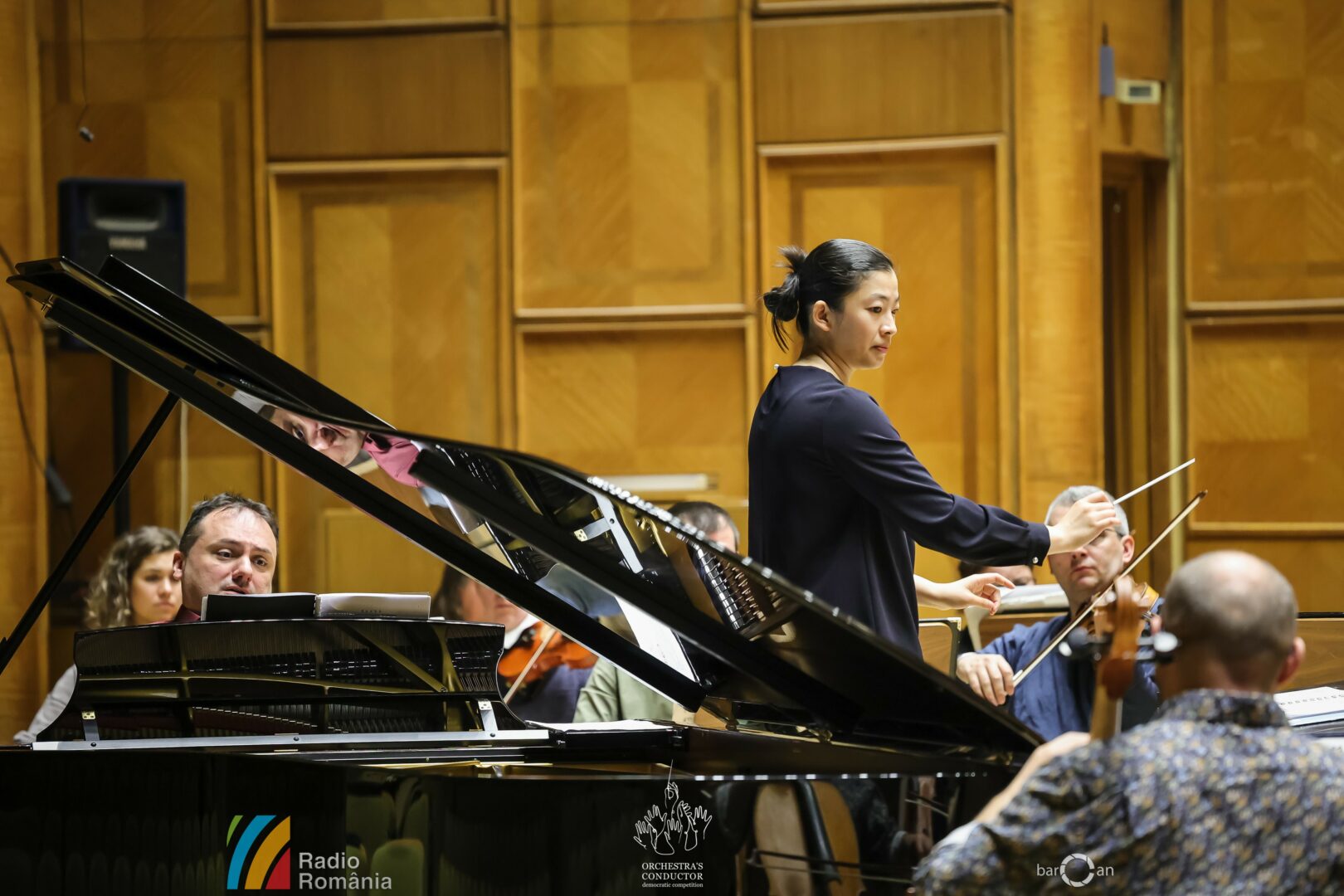
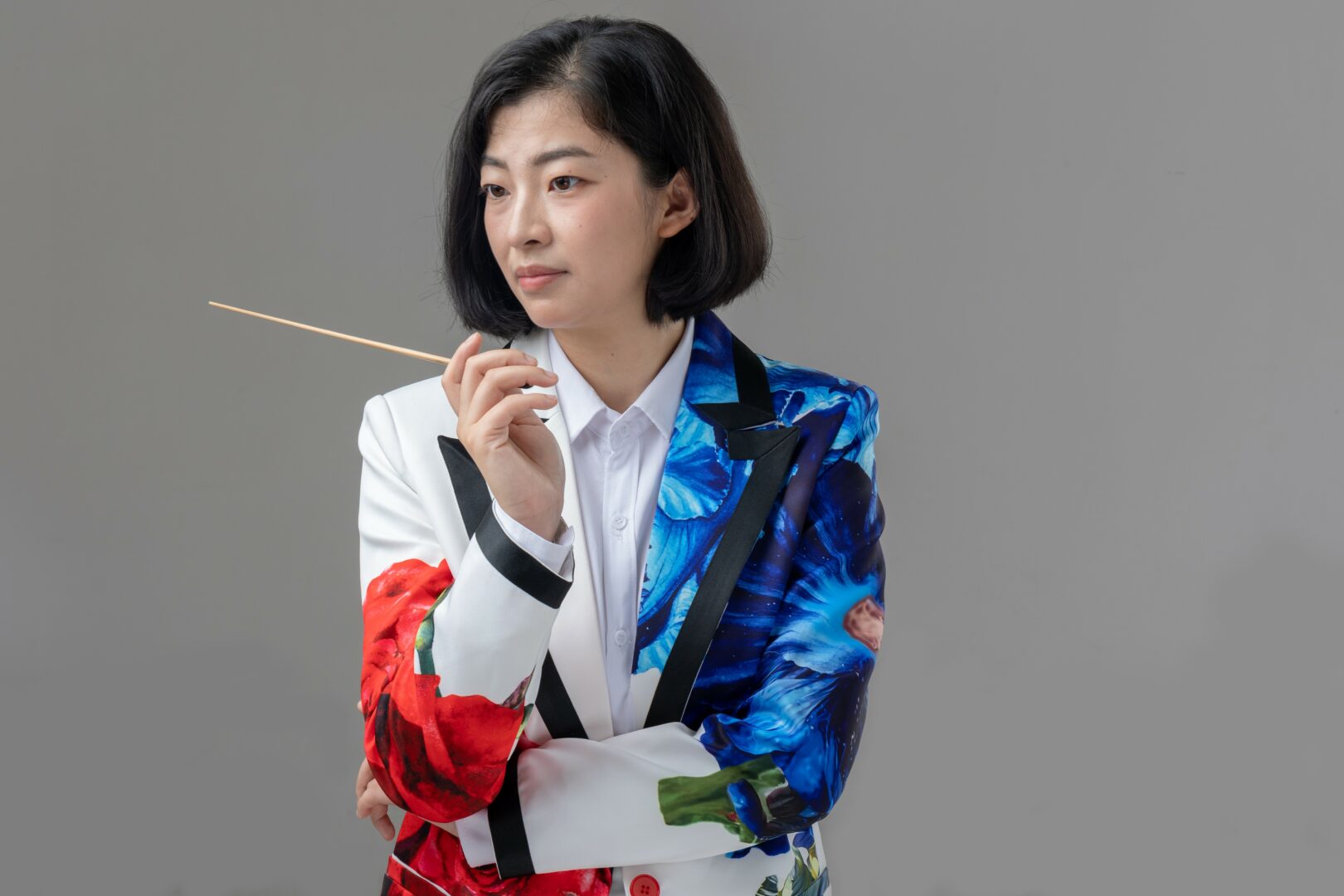
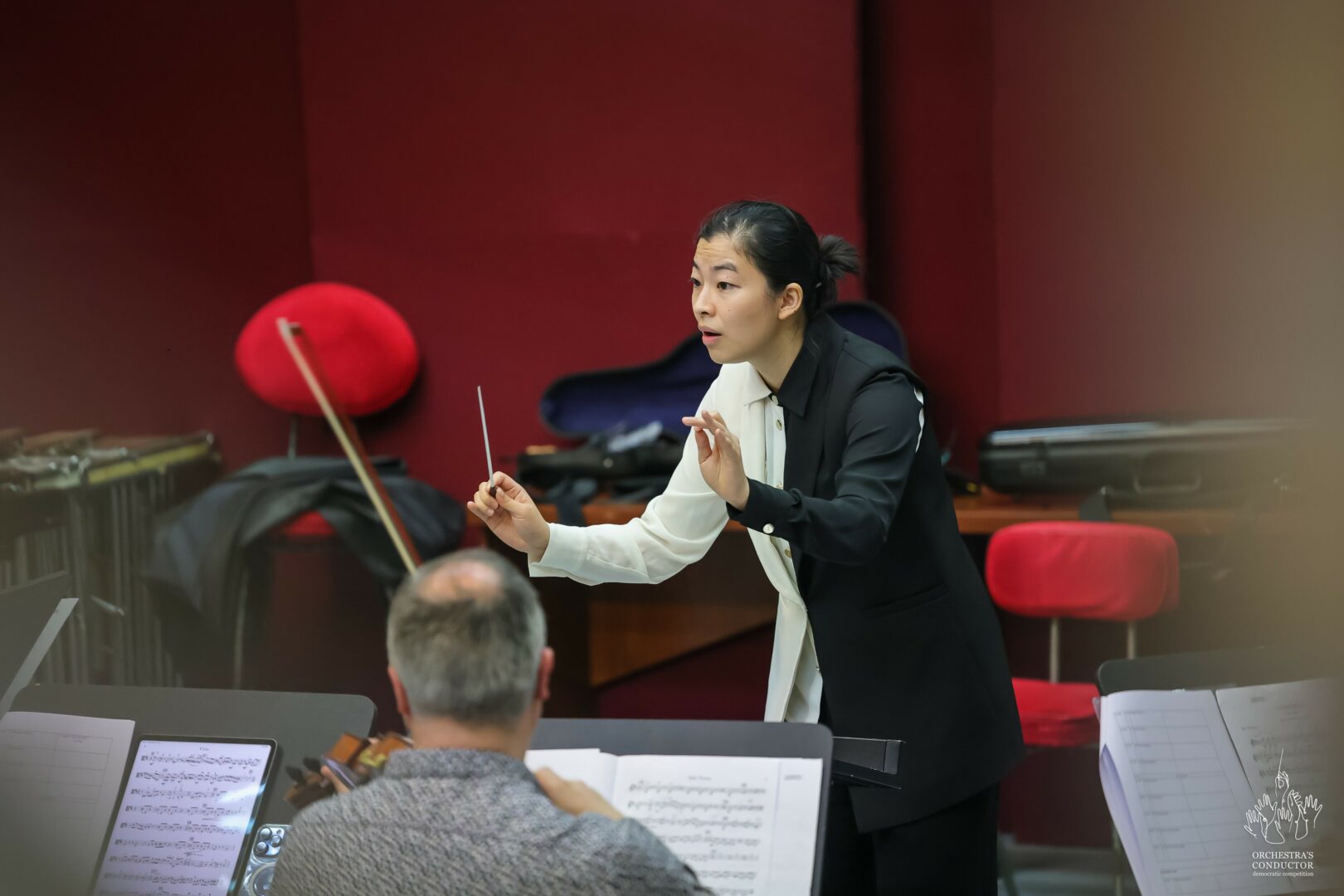
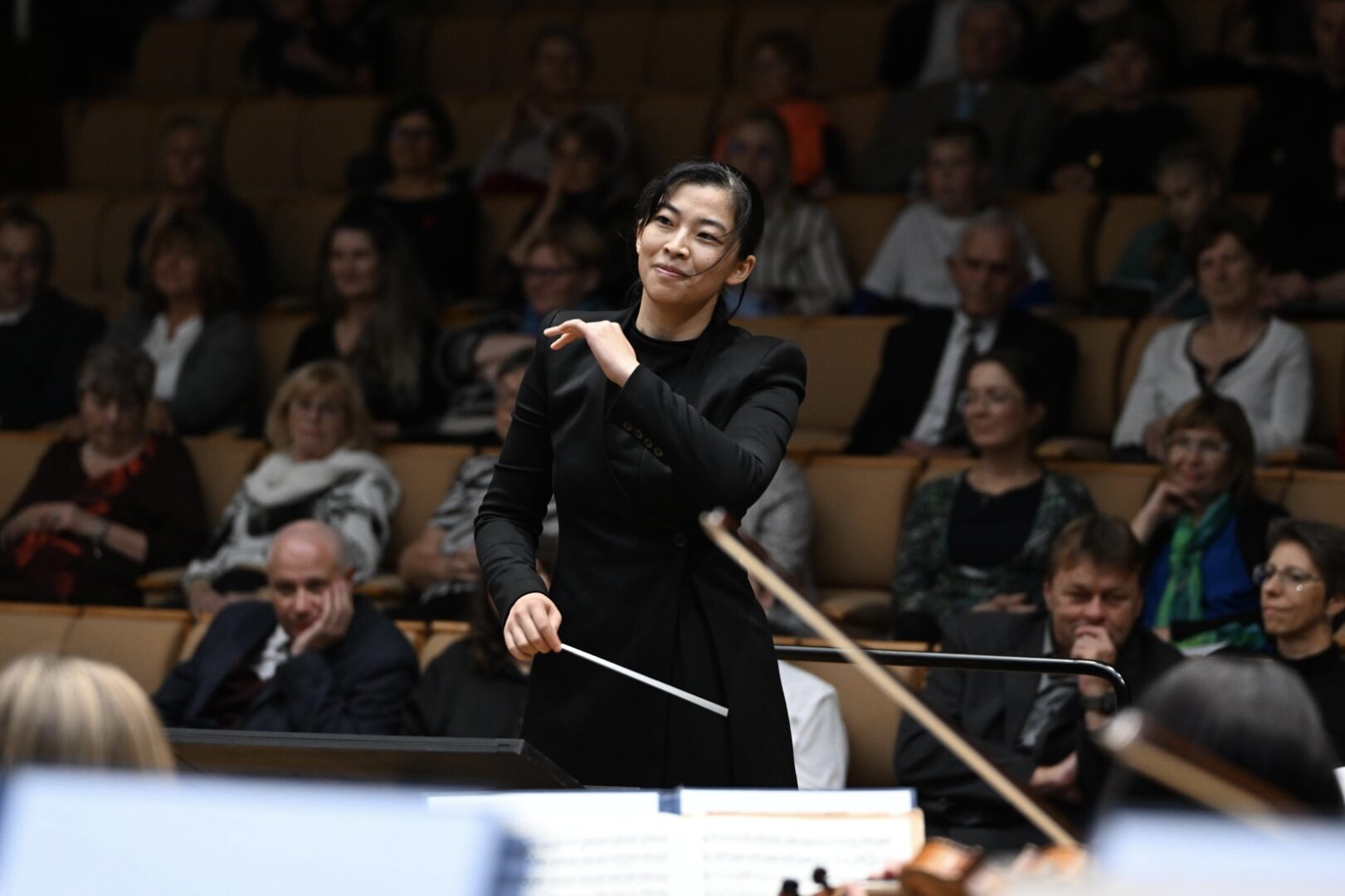
Image Credits
@Muxin Photography
@Jura Tros
@Radio Symphonie Romania
so if you or someone you know deserves recognition please let us know here.

